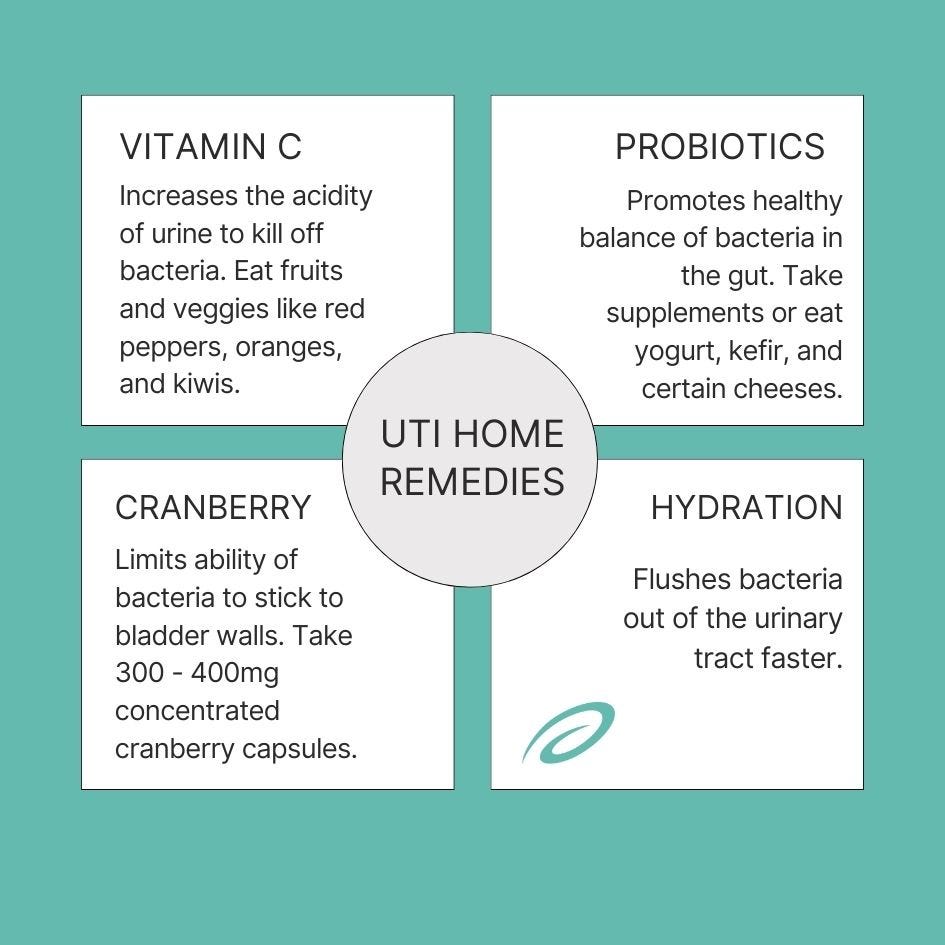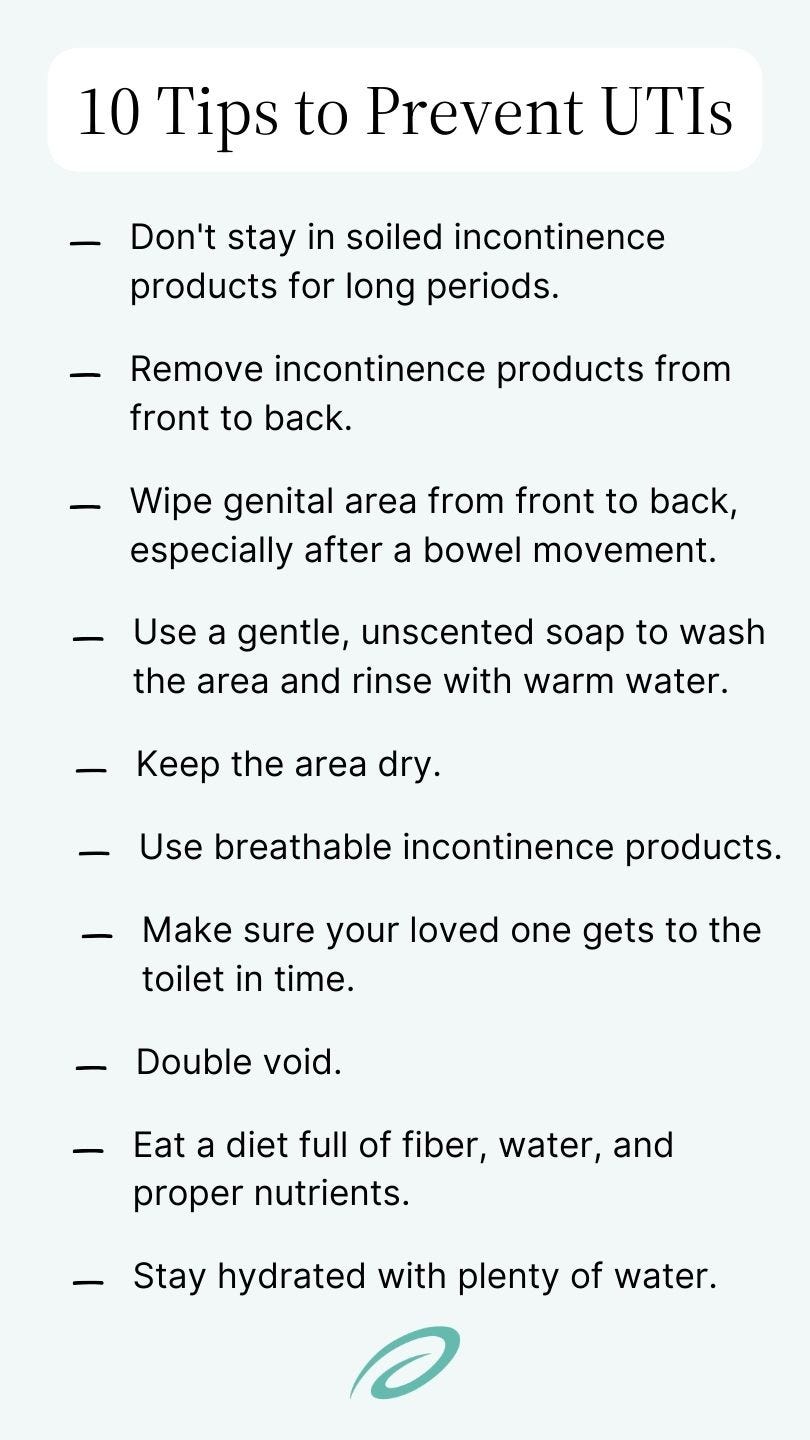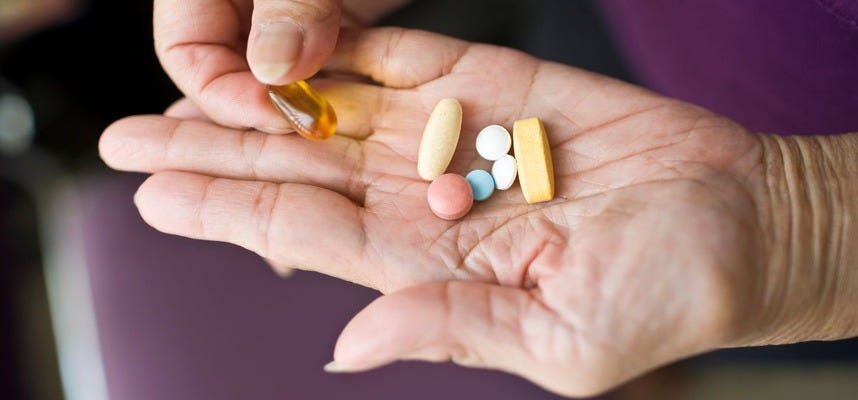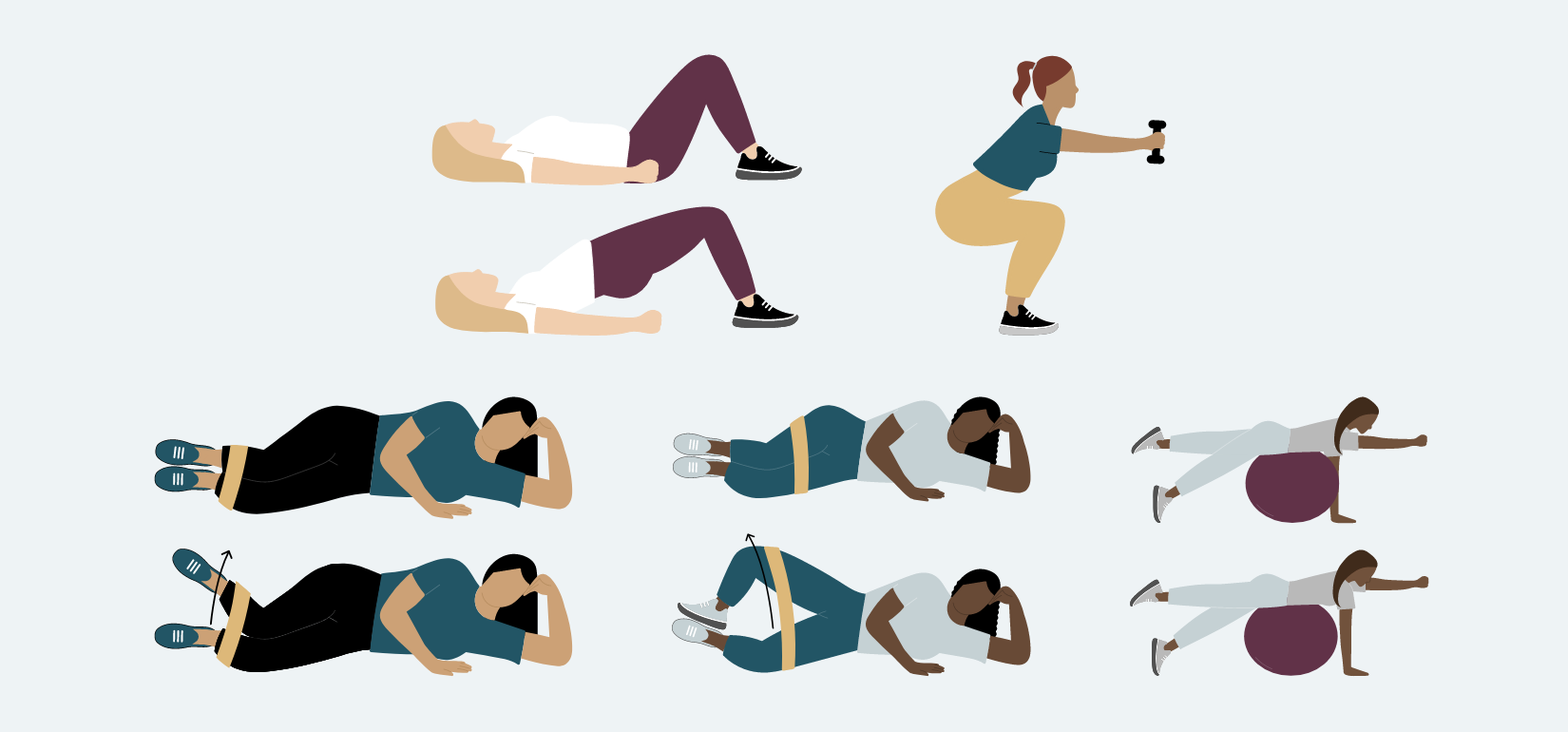Key Takeaways:
- A UTI occurs when any part of the urinary system is infected with a pathogen.
- Home remedies for a UTI include Vitamin C, cranberry supplements, and probiotics.
- UTIs can be prevented with proper hygiene and simple lifestyle adjustments.
Keeping skin clean and comfortable is a crucial part of incontinence management. Doing so prevents common infections, such as urinary tract infections.
While these infections are relatively common, those with incontinence have a higher susceptibility to infections, which can lead to further complications if left untreated.
INCONTINENCE PRODUCTS THROUGH INSURANCE:
Aeroflow Urology is in-network with many Medicaid and Medicaid-managed insurance plans and is accredited by Medicaid. Complete our Eligibility Form, and we’ll automatically check to see if your plan covers incontinence supplies. ***Must meet certain requirements to qualify.***
You will also receive the care and attention every person managing incontinence deserves: A personalized list of 100% insurance-covered incontinence supplies, a dedicated Continence Care Specialist you can contact during business hours, a user-friendly online portal for easy monthly reordering, and educational content.
Get the continence care you need with the dignity you deserve. Join the Aeroflow Urology family today! It only takes 5 minutes to get started.
What Is a UTI?
A urinary tract infection (UTI) occurs when any part of the urinary system, including the bladder, urethra, or kidneys, becomes infected with a pathogen (usually bacteria). UTIs are caused when bacteria from the anal, genital, or vaginal areas travel from the urethra into the bladder. Women are often at higher risk for UTIs secondary to having a shorter urethra.
The 2 types of UTIs include lower and upper UTIs.
Lower UTI: Occurs when the organs in the lower urinary tract, such as the bladder and urethra, become infected.
Upper UTI: Occurs when the infection spreads to the kidneys. This infection can cause complications, such as permanent damage that reduces kidney function. The bacteria can also spread to other organs, causing sepsis (a blood infection), so catching and treating UTIs early is essential in preventing hospitalization.
Causes of a UTI
- Improper hygiene.
- Sexual activities.
- Diabetes
- Difficulty emptying the bladder.
- Catheter usage
- Kidney stones.
- Blocked urine flow.
- Urinary incontinence.
- Scented feminine products.
- Compromised immune system.
It is critical for caregivers to assist with changes to clean incontinence products as well as properly cleaning the skin if an accident occurs. Keeping the skin clean and dry will prevent the spread of bacteria while preventing skin irritation.
Symptoms of a UTI
- Pain or burning sensation when urinating.
- Abdominal cramps.
- Frequent urination or the strong, constant urge to urinate.
- Releasing small amounts of urine at a time (unable to fully empty bladder).
- Urine that is cloudy or bloody.
- Feeling fatigued or dizzy.
- Having a fever, chills, or nausea (this may indicate that the infection has reached the kidneys).
If left untreated, UTI side effects in older adults may include:
- Weakness
- Fatigue
- Confusion
- Nausea / vomiting.
- Incontinence or a sudden increase in incontinence symptoms.
If urinary tract infection (UTI) symptoms are suspected, it is essential to ensure that you or your loved one visit a healthcare provider.
The clinician will need a urine sample to confirm the presence of bacteria and assess any other risk factors. If the bacteria is present in the urinalysis, the provider will likely prescribe antibiotic treatment to kill the bacterial infection. It is critical to ensure the course of antibiotics is completely finished, even if your loved one starts feeling better before the cycle ends.
Pain medication may sometimes be prescribed, but you can also take an NSAID (Non-Steroidal Anti Inflammatory Drug) to reduce fever, pain, and inflammation.
Risk Factors of UTI
- Sexual intercourse.
- Spermicide
- Urinary retention.
- Decreased estrogen levels.
Home Remedies for UTIs
Along with antibiotic use, some individuals may find relief from UTI symptoms with the following:
- Vitamin C. Studies suggest Vitamin C increases the acidity of the urine to kill off bacteria. Vitamin C can be found in fruits and vegetables like red peppers, oranges, and kiwis.
- Probiotics. Probiotics can promote a healthy balance of bacteria in the gut with beneficial microorganisms. Lactobacillus is a common probiotic strain that has been linked to preventing UTIs. Probiotics are found in supplements, yogurt, kefir, and some cheeses.
- Cranberry. Cranberry has been shown to prevent UTIs. Research shows that cranberry aids in preventing bacterial binding to host cell surface membranes in the urinary tract, limiting the ability for the bacteria to stick to the bladder's walls, which causes infection. We recommend using 300 - 400mg concentrated cranberry capsules instead of cranberry juice.
- Hydration. It's important to drink plenty of fluids if you have a UTI. Hydrating with clear liquids will help flush out bacteria.


Preventing Urinary Tract Infections
UTI prevention is fairly simple if you maintain proper hygiene and make a few simple changes to your lifestyle.
- Don't stay in soiled incontinence products for long periods.
- Remove incontinence products from front to back.
- Wipe the genital area from front to back, especially after a bowel movement, to avoid spreading bacteria.
- Use a gentle, unscented soap to wash the area and rinse well with warm water.
- Keep the area dry. Harmful bacteria grow better in moist areas.
- Use breathable incontinence products that are moisture-wicking and wear breathable undergarments like cotton underwear.
- If your loved one has a UTI, make sure they make it to the toilet in time. Set up their bathroom with the necessary safety and assistant products for a comfortable voiding position.
- Double void by standing up and sitting down to use the bathroom about 3 times to empty the bladder fully.
Check Your Eligibility
2 Easy Steps
Discover the continence care essentials available through your Medicaid plan.
- Avoid constipation with a diet full of fiber, water, and proper nutrients. Get plenty of whole grains, fruits, and vegetables.
- Make sure you stay hydrated with plenty of water to flush bacteria.
References
*Reynolds, W. S., Fowke, J., & Dmochowski, R. (2016). The Burden of Overactive Bladder on US Public Health. Current Bladder Dysfunction Reports, 11(1), 8–13. https://doi.org/10.1007/s11884-016-0344-9
ISHIZUKA, O., IMAMURA, T., & NISHIZAWA, O. (2012). Cold Stress and Urinary Frequency. LUTS: Lower Urinary Tract Symptoms, 4, 67–74. https://doi.org/10.1111/j.1757-5672.2011.00127.x
Disclaimer
Information provided on the Aeroflow Urology blog is not intended as a substitute for medical advice or care from a healthcare professional. Aeroflow recommends consulting your healthcare provider if you are experiencing medical issues relating to incontinence.










